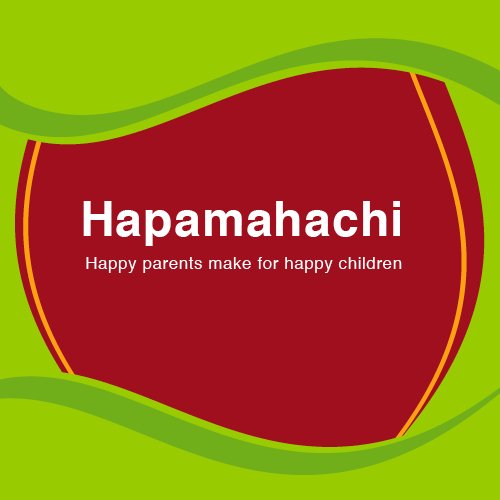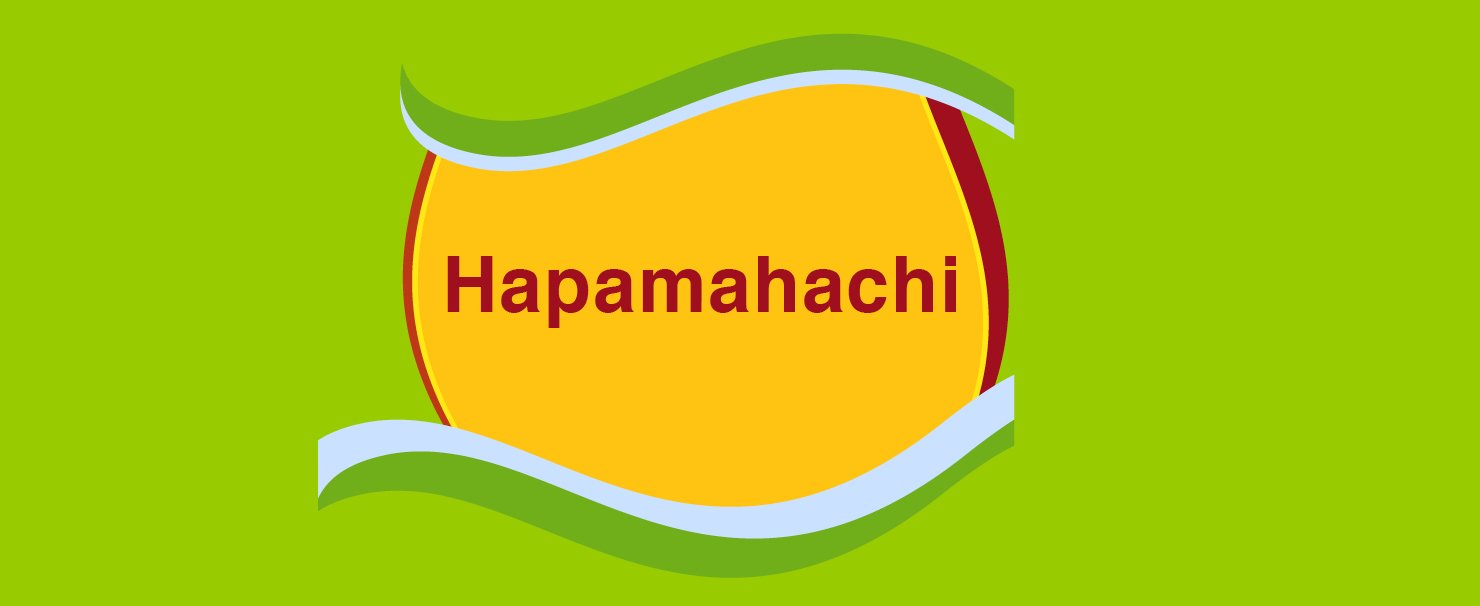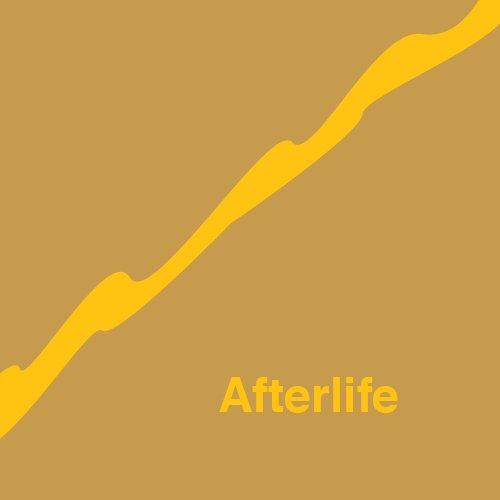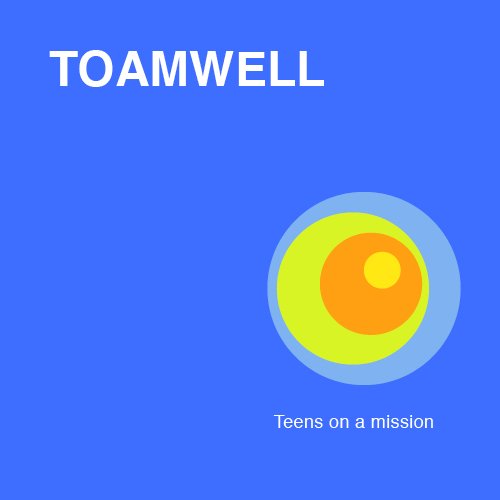
Happy parents
make for happy children.
book 1, beginning
Hapamahachi
Focus: families
Happy parents make for happy children = Hapamahachi.
If you want to help children, help their parents.
A child who grows up in the gloom of their parent’s life, is like a plant that doesn’t get a bit of sunshine. And even if the child can get offers outside this dungeon, it will have to return to the dark afterwards. Besides, children worry about the adults around them. They shouldn’t have to.
Helping the parents is like letting the sun in and freeing the child not just from the darkness but also from worries and from a need to be the adult in the room. It allows the child to be a child and to focus on its own growth.
The first Hapamahachi
The first Hapamahachi is likely to become a model for many towns like it, all exploring what makes parents unhappy and what can be done about it. Interestingly this is connected to another easy town project: rethinking business practices. Because parents who are stressed by their jobs take that stress home. Or worse, existential angst takes all the energy the adult has, and there is no strength left for the child or children.
The town’s offers
Hapamahachi will offer something like an emergency service where a family can basically turn up in the middle of a crisis. But families don’t have to wait for a crash, they can apply to move to the town whenever they are ready to face their troubles.
The town will offer extensive services for unhappy parents and their children.
In another part of the town there will be offers for prospective parents who want to learn how to avoid the pitfalls of relationships and parenthood – or as much as it is possible to learn about these things upfront.
There could even be a town district for parents who prefer to take the first steps into parenthood in the save environment of Hapamahachi. They would move to the town some days, weeks or months before the birth. And maybe they return for the birth of their next child.
In short
Families who are in a crisis can move to this town to get care, support and the time to sort themselves out. And families-to-be can move to Hapamahachi to prepare themselves.
The towners
The towners will be researchers, therapists, grandparents (I see a lot of those), craftspeople, artists and others who take an active interest in the well-being of parents. And the dot.station, the book station, the toys station and other businesses will play important roles in financing the town, in offering new job experiences, and places as well as products that people enjoy.
Domestic violence
Domestic violence is likely to be excluded here. The town idea Gentlehaven addresses those issues.

Connections
The selected connections are not so much about the town idea as about issues and stories concerning families.
- dot.story, in particular the story of Mick and her family, and Clyde’s story as well as the dot.station’s offers for children
- Hapamahachi and the sex talk
- Rethinking business practices, easy town ideas website
- book 2/2, travelling (brief references), easy town books website
- book 1, beginning (brief mentions), easy town books website


